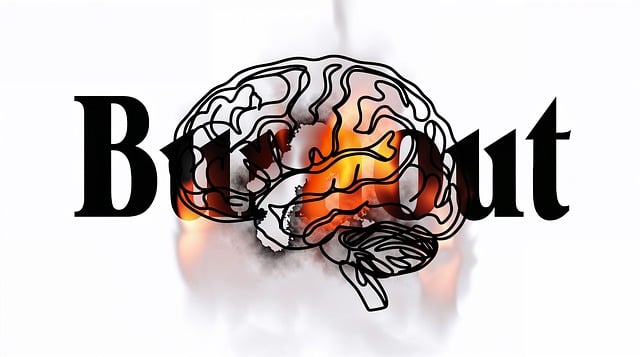In Colorado Springs, Crisis Intervention Teams (CITs) are revolutionizing support for blended families by providing immediate guidance using evidence-based Mind Over Matter Principles. These multidisciplinary teams address unique stressors within blended households, ensuring family needs are met through training in Mental Health Policy Analysis and Advocacy. The Colorado Springs Approach integrates therapy into emergency systems, emphasizing first responder training in stress management to reduce stigma and foster stability. Cutting-edge crisis intervention team training programs empower professionals with advanced tools and empathy, preparing them to handle domestic disputes to mental health emergencies, ultimately creating safer, more supportive communities for blended families throughout Colorado Springs.
In today’s complex social landscape, crisis intervention teams (CITs) are a vital resource for families, especially blended ones navigating unique challenges. The article explores the critical role of CITs in supporting at-risk families during crises. We delve into the Colorado Springs Approach, which integrates therapy into emergency response systems, enhancing support for these families. Additionally, we examine comprehensive training programs equipping professionals with skills to offer effective, sensitive assistance to blended families in crisis situations, drawing insights from the successful Colorado model.
- Understanding Crisis Intervention Teams: A Vital Resource for Blended Families
- The Colorado Springs Approach: Integrating Therapy into Emergency Response Systems
- Training Programs: Equipping Professionals for Effective Family Support in Crisis Situations
Understanding Crisis Intervention Teams: A Vital Resource for Blended Families

In today’s complex social landscape, the role of Crisis Intervention Teams (CITs) has become increasingly vital, especially within blended families in Colorado Springs Blended Families Therapy settings. These teams are designed to provide immediate and effective support during times of crisis, ensuring that individuals and families receive the necessary guidance and resources to navigate challenging situations. By fostering a collaborative environment, CITs bring together mental health professionals, social workers, and community advocates who work together using evidence-based Mind Over Matter Principles. This approach not only addresses the immediate crisis but also focuses on long-term resilience and well-being.
Blended families, with their unique dynamics and potential stressors related to step-parents, step-siblings, and blended relationships, can greatly benefit from CITs. These teams are trained in Mental Health Policy Analysis and Advocacy, ensuring that the family’s needs are not only met but also aligned with broader community support systems. By empowering families with effective stress management strategies, CITs help build a safer, more supportive environment for all members, fostering a sense of stability and unity within the blended household.
The Colorado Springs Approach: Integrating Therapy into Emergency Response Systems

The Colorado Springs Approach to crisis intervention team training integrates therapy into emergency response systems, offering a unique and innovative model for community support. This method recognizes that immediate emotional support is as crucial as physical aid during crises. By incorporating therapeutic practices, first responders can provide more holistic assistance, especially within diverse communities like blended families where individuals often face complex emotional challenges.
This approach emphasizes the importance of training emergency response teams in stress management workshops to enhance their resilience and ability to assist others effectively. Moreover, it aims to reduce the Mental Illness Stigma by normalizing conversations around mental health during critical situations, ensuring that those in need receive understanding and appropriate care.
Training Programs: Equipping Professionals for Effective Family Support in Crisis Situations

In the heart of Colorado Springs, Blended Families Therapy offers transformative crisis intervention team training programs designed to empower professionals with the tools needed for effective family support in crisis situations. These comprehensive courses go beyond traditional therapy by integrating cutting-edge communication strategies and mental illness stigma reduction efforts, ensuring that participants are equipped to navigate complex dynamics with empathy and professionalism.
Through interactive workshops, role-playing scenarios, and real-world case studies, the programs foster resilience building among team members, enabling them to provide timely and compassionate interventions. By focusing on both technical skills and emotional intelligence, these training initiatives prepare professionals to handle a wide range of crises, from domestic disputes to mental health emergencies, fostering safer and more supportive communities for blended families across Colorado Springs.
Crisis intervention team training programs, such as the Colorado Springs Approach focusing on blended families therapy, play a crucial role in equipping professionals to provide effective support during crisis situations. By integrating therapeutic practices into emergency response systems, these programs enhance the overall well-being of families facing challenges. Through specialized training, interveners gain essential skills to navigate complex dynamics and offer compassionate care, ultimately fostering resilience and healing within blended households.














